Personalisation is set to take the food and drink industry by storm over the next decade, according to bakery supplier Puratos.
“We are at the start of the hyper-personal trend right now,” explained Lydia Baines, digital and communications manager at Puratos.
“We’re starting to see that consumers love to have personalised food and, more and more, they want input into what they buy and eat. Plus, they’re expecting manufacturers to cater to this.”
The findings are part of Puratos’ Taste Tomorrow report, unveiled earlier this year, and saw 17,478 consumers questioned across 40 countries to predict what shoppers will want in the run-up to 2030.
There are already signs of this trend – from the basic personalisation offered when ordering a pizza online to the process of purchasing a sandwich at Subway. Harrods’ customers, meanwhile, can have their initials carved into a loaf of sourdough and KitKat lovers can play Willy Wonka by whipping up their own premium version of the chocolate bar via a new direct-to-consumer service.
But Baines believed personalisation was set to go way beyond this as shoppers looked to find the perfect item for their needs.
“One of the consumers we interviewed said that, in the future, they would expect a service where they can set up a recipe online, choose from hundreds of ingredients, choose the shape of bread and what goes into it before seeing it made live online and then delivered to their house. They want their own very personalised bread for themselves,” she said.
Baines added that this would obviously present a lot of logistical hurdles for manufacturers, but that consumer appetite for this type of service was growing.
“Forty-three per cent of consumers would already appreciate to have personally made bread – this is local. Whereas 64% globally are already asking for that type of product,” she said.
Vhari Russell, founder of The Food Marketing Expert, believed offering a personalised service could help build repeat custom. And, it could be done sooner rather than later.
"Sales of customised biscuits and cakes featuring photos, logos or messaging represents a great initiative to drive customer footfall"
“Sales of customised biscuits and cakes featuring photos, logos or messaging represents a great initiative to drive customer footfall, but can require substantial investment,” she said.
However, she noted that this was in line with the “traditional view” of personalisation rather than the creation of a truly bespoke product, which is where the industry is witnessing the most growth.
“Developing a product that reflects personal taste preferences, resulting in a truly authentic one-off is more in line with current consumer expectations,” Russell added.
One way bakeries could capitalise on this, according to Russell, was by offering a ‘best of both cakes’ proposition, meaning customers could buy a half chocolate, half vanilla cake or whatever flavour they desired. Taking the concept one step further, was incorporating confectionery favourites.
“Using these building blocks, customers could build their own dream cake,” she said.
Away from cake and pizza, one of the key drivers of the personalisation trend is health as so many people are wearing health trackers, such as Fitbits, and consumers are now able to tailor their diets to their DNA by purchasing a test online.
“Fifty-six per cent of people in the UK say they are willing to change their diets based on their DNA,” Baines added, noting that the global figure was higher at 71%.
“We’re just at the start of this trend. In 10 years’ time, we’re all going to be expecting to buy bread based on our DNA that we can see made from scratch and delivered for the ultimate convenience.”






















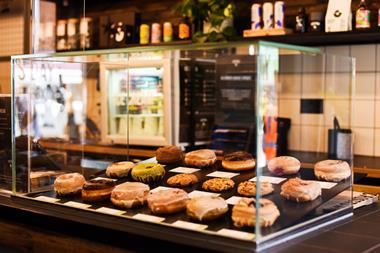
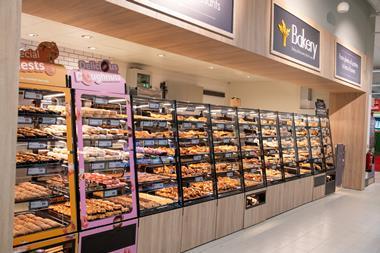
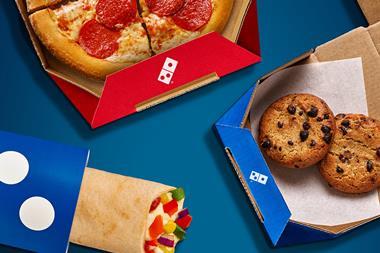
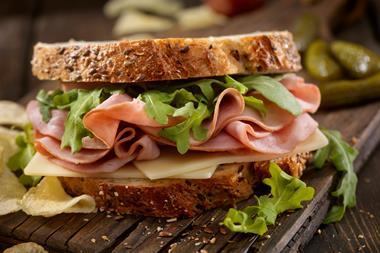
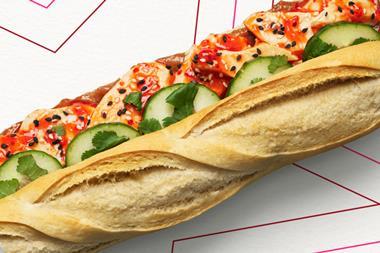
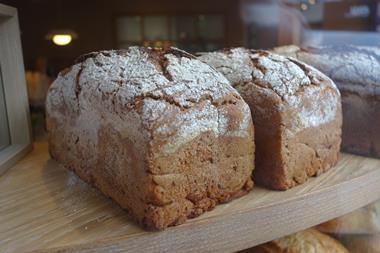
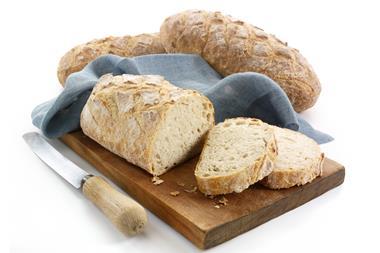
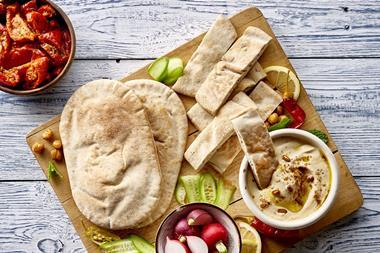
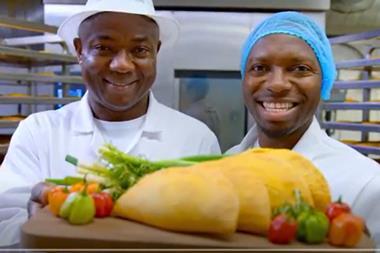
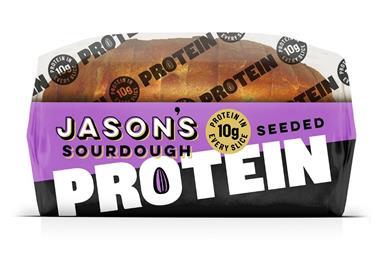
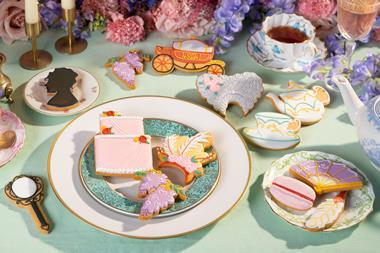
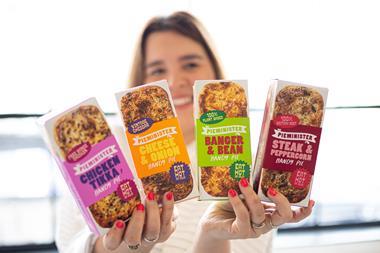

No comments yet